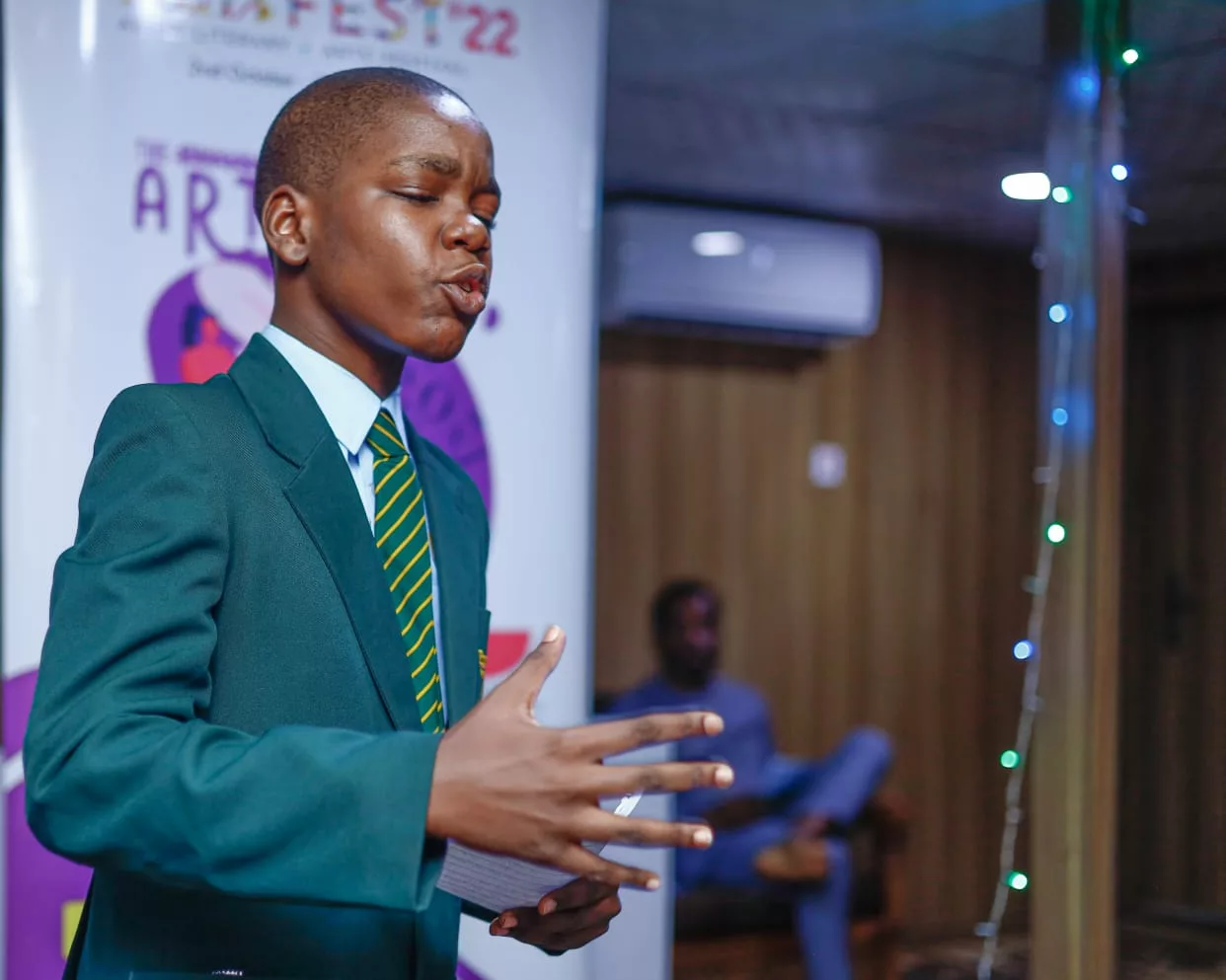The case of Stella Nwadigo, a 45-year-old teacher from Christ-Mitots School in Ikorodu, who physically assaulted a three-year-old boy, Abayomi Michael, for struggling to grasp a lesson, has left many of us outraged and heartbroken.
Thankfully, the teacher was arrested immediately after the incident on January 8, 2025, and justice is expected to follow. But the damage done goes beyond the slap—it strikes at the heart of trust in our educational system.
Teaching is a profession built on nurturing, patience, and the development of young minds. When educators abuse their authority, they shatter the foundation of that trust. This incident serves as a stark reminder of the systemic challenges in our schools, where similar acts of cruelty often go unreported due to the absence of evidence or the reluctance of victims and parents to speak out.
The public outrage is justified. Many have called for the closure of the school involved and have condemned not only the teacher but the institution that allowed such behaviour to occur. While these reactions stem from genuine concern, we must recognize the broader implications.
One teacher’s actions should not tarnish the reputation of an entire profession, yet it underscores the critical need for reform and accountability.
This is a wake-up call for educators, school administrators, and society at large. Teachers carry an enormous responsibility—not just to impart knowledge but to protect and nurture the children in their care. When they fail in this duty, the consequences can be devastating, not only for the children involved but for the perception of the teaching profession as a whole.
We must demand stricter oversight, mandatory training on child psychology and classroom management, and swift accountability for misconduct. Schools must prioritize creating safe and supportive learning environments where children can thrive without fear.
To teachers, let this be a moment of reflection. The actions of one teacher have cast a shadow on us all. Let us reaffirm our commitment to patience, compassion, and professionalism. Our classrooms must be sanctuaries of growth, not places of fear.
For the sake of our children, our profession, and our future, we must do better. Justice for Abayomi Michael is not just about punishing one teacher—it’s about ensuring no child suffers such abuse again.















